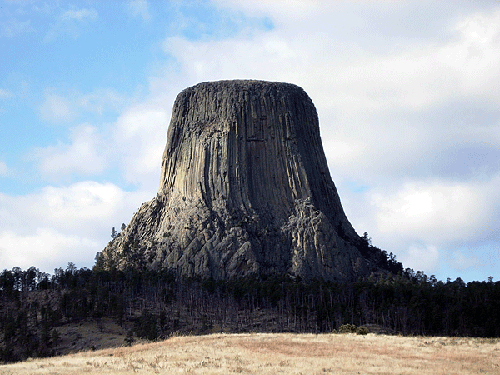
Photo: Mount of Olives; Monte Pascoal, Mount Sinai, Mount Yosemite, Mount Olympus, Monte Roraima, Mount Everest, Mount Spielberg, Mount Erebus, Mount Fuji, Cerro de Potosí, Colina do Pilarzinho, K2, Orodruin, Aconcagua, Mount Moriah, Lycaeus, Kylimandajo, Cerro do Inhacurutum, Olympus Mons.
We want to make contact.
We are from Brazil. We came here to meet you
We are in Thessaloniki. In the Thessaloniki Biennale of Contemporary Art. At the PPC_T/Farkadona show room.
But you are not here.
We want to go to Farkadona
And say Hello.
Sorry if weôre writing you in English. We don’t know Greek. Nor the other languages that you may also speak.
But we can still make contact in other ways.
We can understand each other
We were not born in Greece
Neither our parents were born in Greece
But we have the same feeling that you have
Of being home here
We want to read and tell Homer to you
In our language
To make clear that Culture
Is for all languages
And nationalities
As people are for all languages
And nationalities
But we are Greeks
As you are Greeks
Everybody is Greek
Everybody is Brazilian
Everybody is from everywhere
Anywhere they might be
The same, united through the heart
You can make your register
And post directly in this blog.
So we can meet more often.
We are here with Hariklia
She showed us some of your way of life
http://ppc-t.blogspot.com/
And Thiago, and Carlos and Fotis, and Tasos, and many others
But we are also many that are not here
So we reproduce in this post
things that we found in the internet
at a first research
www.dublinpact.ie/word/CASE2.doc
TRIKALA
A. CITY PROFILE
1. General information. Trikala (population 49,000 in 1991, estimated
80,000 now) is the centre of Trikala prefecture (population 140,000)
in Thessaly region. It is a rather isolated area due to its geography
(mountainous area, far from major cities) and transport
infrastructure. The prefecture’s economy is based on agriculture (main
export cotton), forestry and tourism.
2. Social exclusion profile. After the 1960s’ major emigrations, the
population has steadily grown. Unemployment (11% in 2000) is higher in
women. The long term and the middle aged (above 45) unemployed form 5%
of the population. The special categories that need attention are
identified as disadvantaged people (1%), gypsies (0.8 %), immigrants
(0.6%), repatriated Greeks (1.4%, mainly from former USSR), single
parent families (0.7%), the elderly (15%), the young (16-25 year olds,
13%), those isolated in mountains (7%), and the illiterate (12%).
Despite their smaller size, gypsies and repatriated Greeks (who live
in known spatial concentrations), and single parent families seem to
have attracted more attention.
3. Actors and organizations. Following EU guidelines, Trikala
Municipal Enterprise for Social Development (DEKA) has been
established, which as carried out a number of initiatives since the
early 1990s with support from national and EU funds. Its aims are
undertaking productive initiatives, distribution and improvement of
services, and development of human resources. DEKA is the main part of
the municipality to deal with social policy.
4. Responses to social exclusion. DEKA’s main areas of work have been
development of human resources (continuing vocational training,
education, social and professional integration of people with special
needs, new opportunities for employment), agriculture, SMEs,
environment, and tourism.
Repatriated Greeks (mainly from Georgia, Armenia and Uzbekistan) are
settled in the town of Farkadona, in a settlement built in 1993. Their
problems include language, knowledge of structures, employment,
equivalence of degrees, and housing. The gypsies, who appear to have
been moved to Kipaki to upgraded residences, remain a cause for
concern due to problems of education, crime, employment, health,
household organization and participation in town life.

mimosa:
http://turbulence.org/Works/mimoSa/blog/?p=43
gamb+i:
http://www.lovedifference.org/eng/network/projects/farkadona.htm
�¡ suerte, salud y paz para todos!